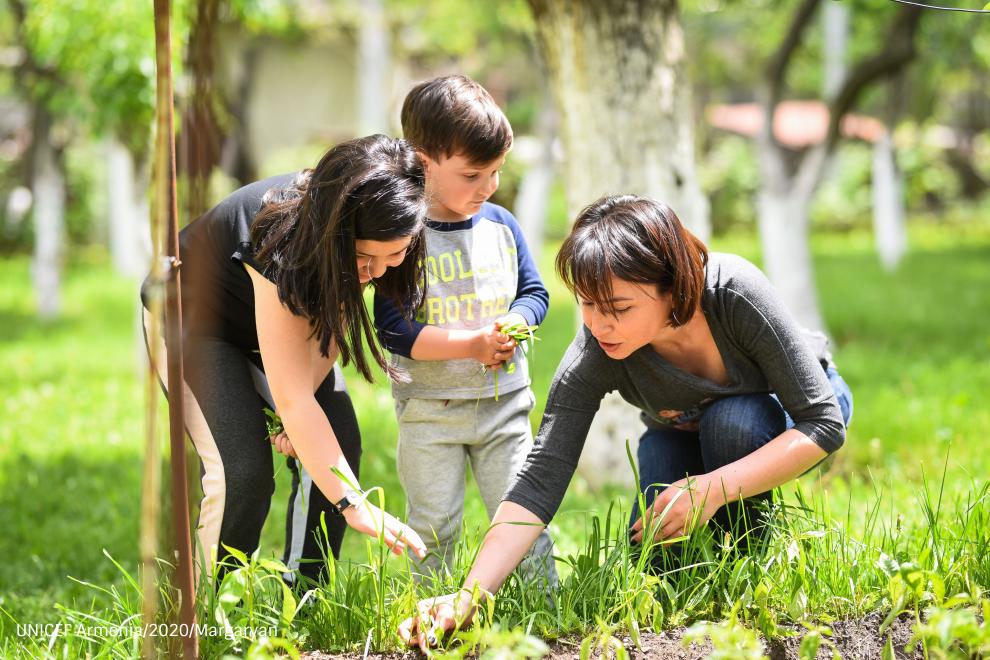Can children make parents adopt more sustainable lifestyles? What is the role of New Education Policy?
Author: Haritha Saranga, Satyajit Roy and Kanchan Mukherjee
According to the United Nations Environment Program (UNEP), if even 1 in 8 people globally make environment-friendly choices in their daily lives, there can be approximately 20% reduction in global carbon emissions. Many actions that directly affect resource consumption in households are a result of routine everyday activities and are habitual in nature. Repetitive activities such as wasting water while brushing teeth, taking bath, washing dishes, or keeping the lights, fans, A/Cs and other electrical appliances switched on even when they are not needed, keeping the vehicle engine running while waiting in front of traffic lights etc., are largely habit driven and any behaviour change that is persistent will require interventions that can change these largely automatic responses. A well-designed curriculum on sustainability, incorporating both knowledge and information aspects as well as practical and experiential aspects of environment-friendly behaviours could go a long way in achieving long term goals. The schools can play an important role in educating and bringing about climate friendly behavioural changes in the younger generation and their families. The key will be to encourage students to not only adopt conservation behaviours themselves but also be the torchbearer to ensure that their family members also practise the same and make mindful resource consumptions a habit in their daily lives. Human psychology says that the people are most influenced by those who are emotionally close to them. Most people are emotionally closest to their children. Hence, parents are more likely to listen to their children if they are advocating good behavioural practices at their homes, than to any other source.

